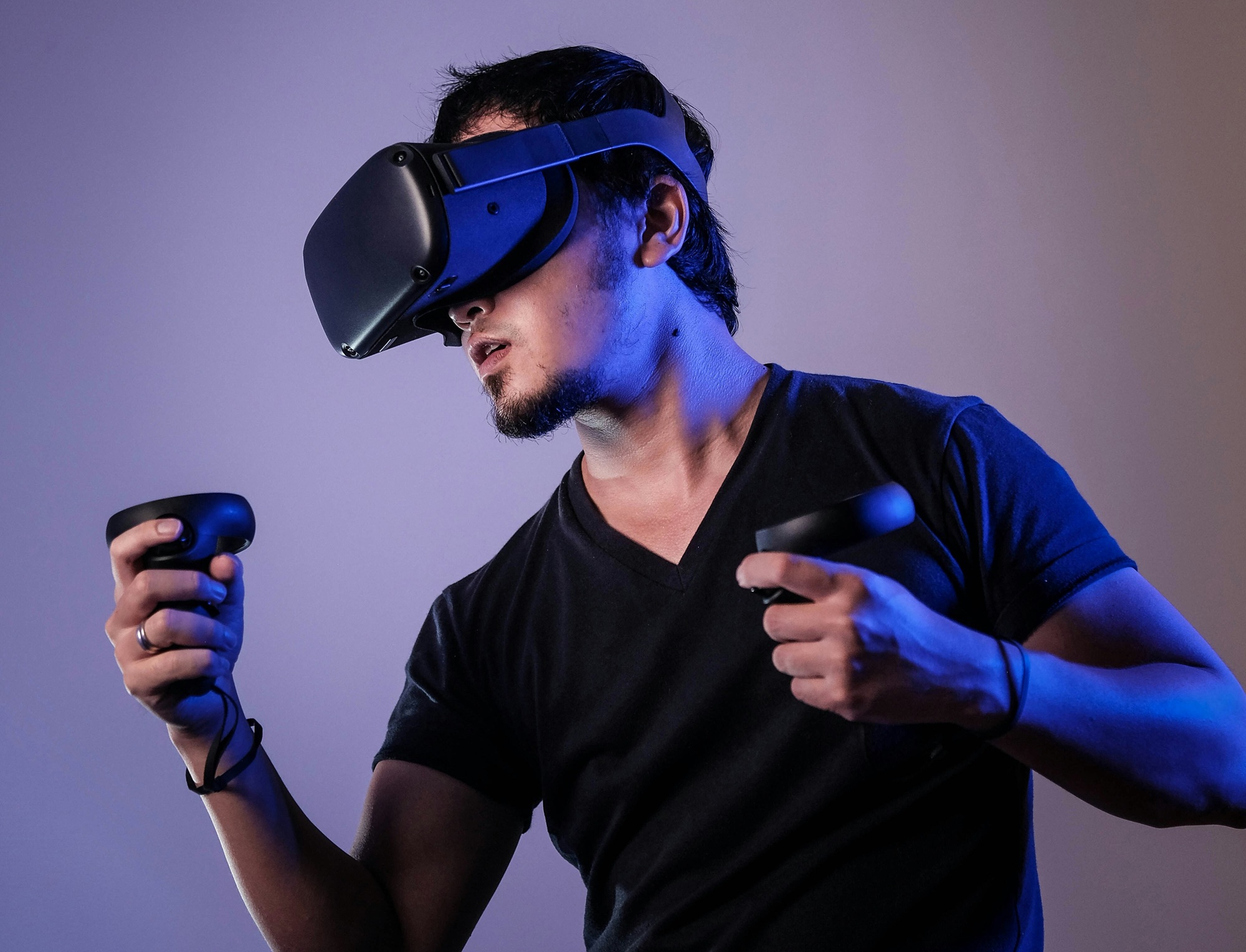As technology continues to revolutionize the travel industry, the world of corporate incentive travel is no exception. Companies are increasingly leveraging cutting-edge tech to create immersive, efficient, and highly personalized travel experiences for their employees. From virtual reality (VR) to artificial intelligence (AI), these innovations are not just trends—they are becoming essential tools for designing seamless and engaging corporate events abroad. Here’s a look at how these technologies are shaping the future of incentive travel, along with practical tips on how to implement them.
1. Virtual Reality and Augmented Reality for Pre-Trip Planning and On-Site Experiences
Gone are the days when event planners relied solely on brochures and emails to convey the excitement of an upcoming incentive trip. Virtual reality (VR) and augmented reality (AR) are now allowing companies to provide immersive previews of destinations and venues.
Real-World Example: PepsiCo’s VR Venue Tours
PepsiCo used VR technology to provide their executives with virtual tours of potential venues for their global leadership retreat in Barcelona. This allowed decision-makers to explore options and make informed choices without traveling to each location. The result? Streamlined planning and a perfectly chosen venue that suited both the company’s objectives and their attendees’ preferences.
On-site, AR is increasingly being used to enhance the attendee experience. For example, AR-enabled glasses can guide participants through cultural excursions or team-building activities, providing real-time information and immersive visuals that add a layer of excitement to corporate events.
Why It Matters: VR and AR elevate the planning process and on-site experiences by providing immersive previews and enhancing attendee engagement. They reduce uncertainty during the selection process and make the event itself more interactive and memorable.

2. Artificial Intelligence for Streamlined Event Planning and Personalization
Artificial intelligence (AI) has made significant strides in simplifying complex planning processes and delivering personalized travel experiences. AI tools can assist in everything from venue selection and budget management to customizing itineraries based on individual preferences.
Real-World Example: Google’s AI-Powered Event Management
Google integrated AI into its incentive travel planning, using tools to analyze preferences and behaviors of previous event attendees. The AI platform suggested personalized itineraries and made real-time adjustments based on participant feedback during their Lisbon retreat. From recommending dining spots to planning team-building activities, AI ensured each participant had a tailored experience, boosting engagement and satisfaction.
Why It Matters: AI improves efficiency in planning by handling logistical complexities and offering personalized itineraries for attendees. This not only saves time but also enhances the overall event experience by catering to individual preferences and needs.
3. Mobile Integration for Real-Time Engagement
Mobile technology has become indispensable in creating seamless event experiences. From apps that provide up-to-date itineraries and facilitate communication, to real-time feedback tools, mobile platforms are now a central feature of corporate incentive trips.
Real-World Example: Nike’s Personalized Mobile Event App
During their global sales meeting in Monte Carlo, Nike used a custom mobile app to provide real-time updates on schedules, group activities, and personal itineraries. Employees could access interactive maps, connect with colleagues, and receive notifications about changes in the itinerary—all from their smartphones. The app also offered personalized recommendations for free-time activities based on individual interests, further enhancing the overall experience.
Why It Matters: Mobile integration makes corporate events smoother by allowing real-time communication, instant updates, and personalization—all in one place. These apps also make it easy to gather immediate feedback, helping planners adjust on the go.

4. Challenges in Implementing Technology for Incentive Travel—and How to Overcome Theme
While the advantages of using technology for corporate events are clear, there are also challenges that companies may face when trying to adopt these innovations.
- Cost: Implementing VR, AI, and custom mobile apps can be expensive, especially for smaller businesses.
- Employee Buy-In: Some employees may resist new technologies or feel uncomfortable using unfamiliar tools.
- Logistics: Integrating multiple technologies can make event logistics more complex, requiring additional planning and coordination.
Solutions:
- Scalable Solutions: Start small by incorporating one technology at a time. For example, introduce a mobile app for event itineraries before expanding to VR or AI.
- Training: Offer pre-event training or tutorials for employees unfamiliar with new technologies. A simple workshop can help ease concerns and ensure everyone knows how to engage with the tech.
- Outsource Tech Integration: Work with tech-savvy event planners or agencies that specialize in corporate incentive travel to streamline the integration of these tools.
5. Futuristic Ideas: What’s Next for Tech-Enhanced Incentive Travel?
Looking ahead, expect to see further innovations in virtual and augmented reality that will transform the way companies approach incentive travel. For example, companies may soon use holographic guides to lead attendees through historical sites, or AI-powered personal assistants to curate experiences tailored to employee goals and interests in real-time.
Potential Use Case: AR Glasses for Team-Building
Imagine your employees exploring ancient ruins with AR glasses that provide real-time historical context and team-building challenges directly in their line of sight. This immersive experience not only makes the event more engaging but also strengthens team bonds.
Why It Matters: These futuristic technologies will continue to reshape how incentive travel is experienced, offering richer interactions and making events more engaging, memorable, and personalized.
Conclusion
Technology is rapidly transforming the corporate incentive travel landscape. From VR and AR that offer immersive previews and on-site enhancements, to AI that personalizes itineraries, and mobile apps that streamline communication and feedback, these innovations are making corporate events more engaging, efficient, and memorable.
Ready to embrace the future of corporate incentive travel? Riveting Trips specializes in using cutting-edge technology to create personalized, innovative, and unforgettable experiences for your team. Whether you’re looking to incorporate VR, AI, or mobile integration into your next incentive trip, our experts can help you design a seamless, tech-driven event. Contact Riveting Trips today to start planning your next high-tech corporate event!


